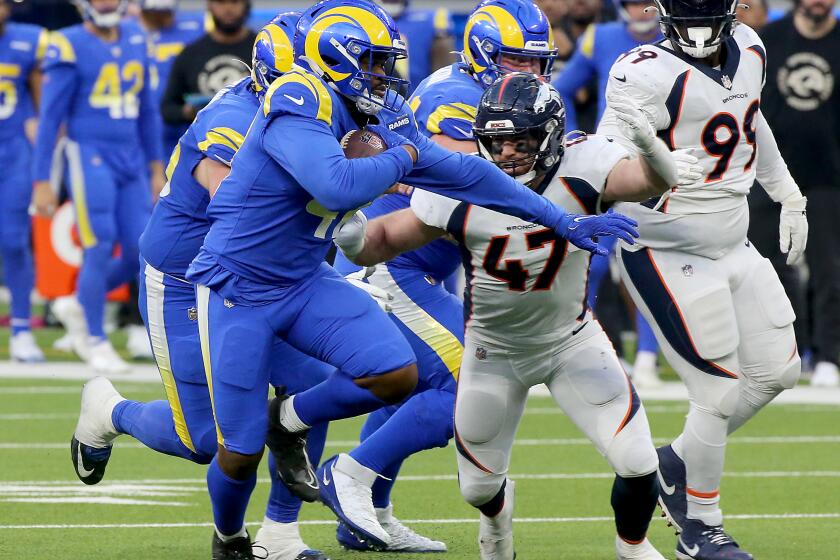Stupid customer service math, health club edition

Tell me if this has happened to you:
So, my health club membership is expiring in a couple of weeks, and I’ve now received a half-dozen calls (at least) from the chain’s headquarters urging me to renew.
The last customer service rep offered me a renewal deal at $239.88 for a year, payable in advance. That’s $19.99 a month--not bad, and lower than my current rate. Here’s the fun part: He also offered a two-year package, for $479.76.
In other words, the same $19.99 a month.
The following conversation ensued:
Me: “Shouldn’t there be a discount for a two-year commitment?”
Phone rep: “Sir?”
Me: “Why would I give you an extra $239.88 for a year if I don’t get anything in return? What if I have something better to do with my $239.88?”
Rep: “Sir, I can’t really advise you what to do--”
He did state, however, that if I re-upped for three years, the price of a subsequent renewal (i.e., the fourth year) would be $179. All I’d have to do is fork over $837 for the first three years. In other words, $279 a year--higher than the two-year annual rate. All for the privilege of letting the chain play with my money for up to three years. (Note: I already committed to a renewal, so I’m not gaining anything from this rant.)
Is there any other customer-facing industry that does math this way? Buy a plane ticket well in advance of your trip, and you’ll almost always pay less, sometimes much less, than if you stroll up to the ticket counter the day of the flight. Renew your magazine subscription for two or three years, and you get a much better rate than a one-year deal; and even the one-year deal is a steep discount from the newsstand price.
That’s because most businesses understand the time value of money, and the stickiness of a long-term commitment. They’ll pay you, in the form of a lower price, for the benefit of having your money in hand or, in the case of a nonrefundable fare, your ironclad promise to use the purchased seat.
Why does this fundamental rule of commerce escape my health club chain? Or does it know, and just hope that its customers won’t do the math themselves? (And what does that say about the claim that frequent physical exercise helps keep the mind sharp?)
Anyone else encounter a business with a similar approach to customer service? Feel free to engage via the comments.
Keep up to date with The Economy Hub by following @hiltzikm.







